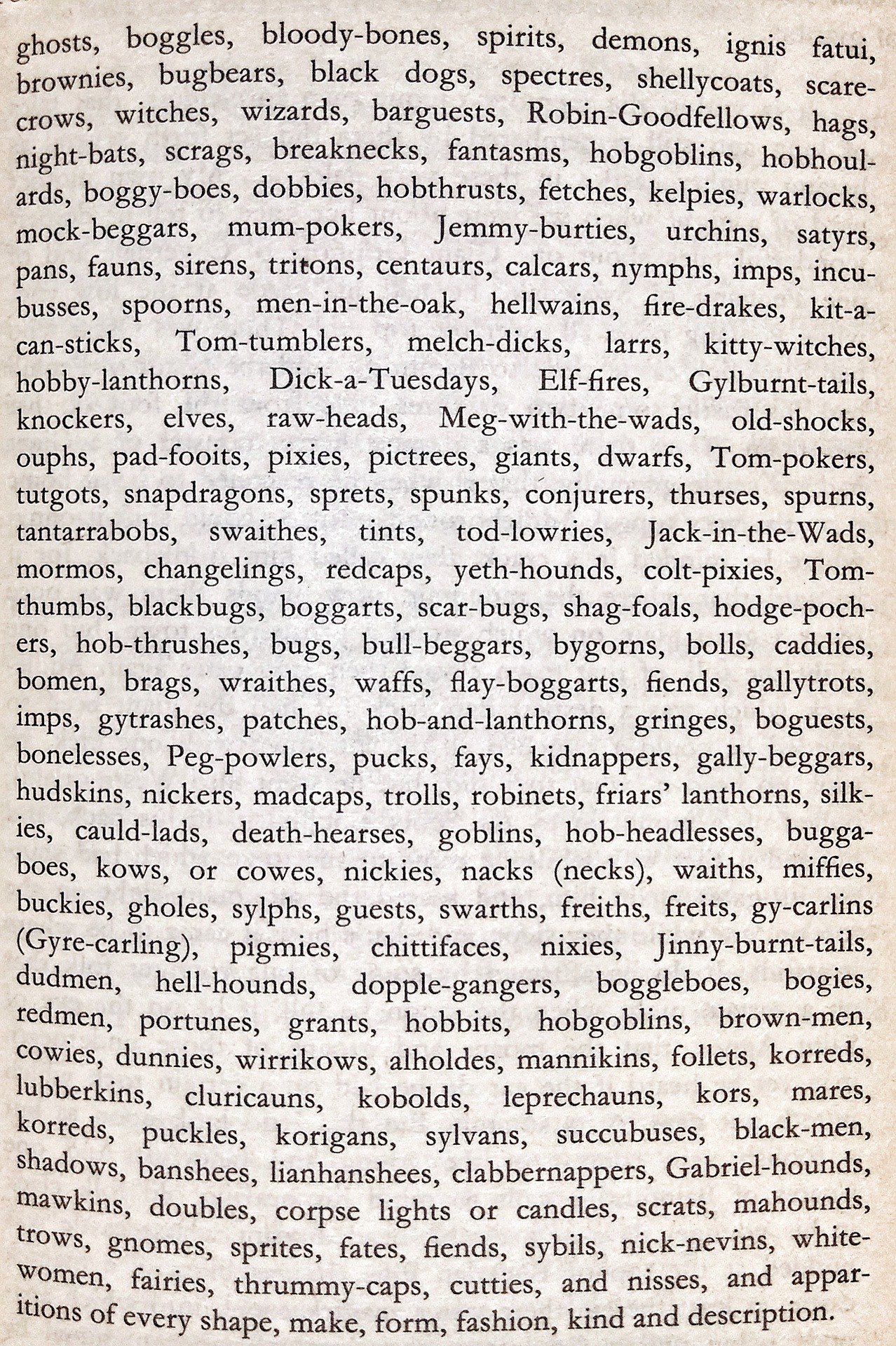- Joined
- Oct 30, 2015
- Messages
- 133
We may never get to see the uproarious hijinks of 1991’s comedy classic, King Ralph, but, thankfully, reality is often stranger than fiction. Take, for example, a Colorado man who believes that the works of J.R.R. Tolkien are “more than fiction” and has formally laid his claim to the title of King of England.
As spotted by David Mapstone, a journalist at Britain’s Sky News, Allan V. Evans of Wheat Ridge, Colorado, took out a lengthy ad in The Times of London on Wednesday claiming that due to his unbroken lineage—trailing back to the fictional Kingdom of Gondor, he says—makes him the rightful King of England. In the ad, Evans traces his ancestry through real historical kings such as Cunedda Wledig, founder of Wales, before finally arriving at where he appears to think history intersects with the stories of Tolkien, Wales being just a new name for what was once called Gondor.
http://www.atlasobscura.com/articles/king-england-newspaper-ad-times
This guy doesn't know much about Tolkien. JRRT mentioned Gondor in a letter written about an upcoming trip to Italy, and also said in another one that it was a Roman Empire analogue. Britain would be Eriador (where the Shire is).
Last edited:


